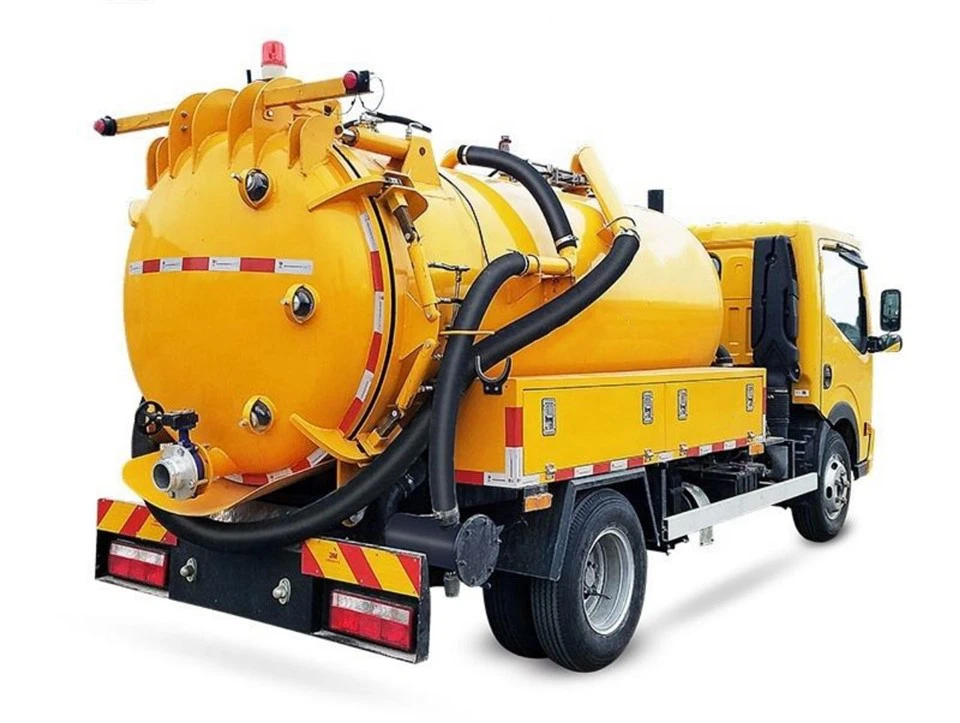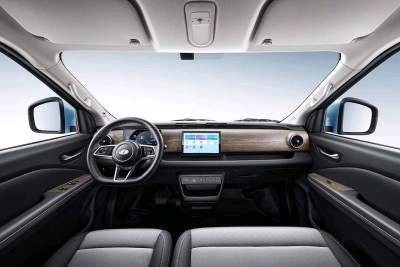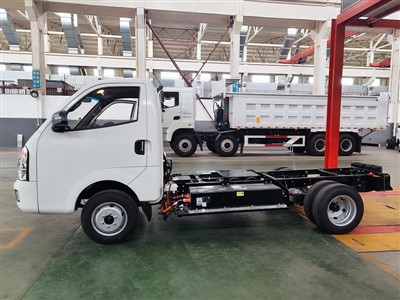What’s the Difference Between an RV and a Camper?

When it comes to road travel and outdoor adventures, two terms often encountered are “RV” and “camper.” While they can sometimes be used interchangeably, there are distinct differences between the two. This article explores the features, types, benefits, and drawbacks of each option, helping you make an informed decision for your next adventure.
Understanding RVs and Campers
What is an RV?

RV, or Recreational Vehicle, is a broad category encompassing motorhomes, travel trailers, and fifth wheels. RVs are equipped with living spaces and amenities that allow for comfortable travel and camping, often resembling a small apartment on wheels.
What is a Camper?
Campers typically refer to smaller, towable units or slide-in units that can be mounted on a truck bed. They are designed for camping and outdoor activities, providing basic amenities but generally lack the space and luxury of RVs.
Main Differences Between RVs and Campers
| Feature | RV | Camper |
|---|---|---|
| Size | Larger, can include multiple rooms and bathrooms | Smaller, typically compact |
| Mobility | Can drive without a tow vehicle | Requires a tow vehicle or truck |
| Amenities | Full kitchen, bathroom, and living areas | Basic cooking facilities, may include a limited bathroom |
| Setup Time | Usually quicker due to built-in setup | Requires more time for setup |
| Cost | Generally more expensive | More budget-friendly |
Types of RVs
Motorhomes
Motorhomes are self-contained units integrated on a vehicle chassis. They come in various classes:
- Class A: The largest and most luxurious, offering ample living space.
- Class B: Compact and easy to drive, ideal for couples or smaller families.
- Class C: A mid-size option with a cab-over sleeping area.
Travel Trailers
Travel trailers are towed behind a vehicle and come in various sizes and styles, often featuring a kitchenette, bathroom, and sleeping areas. They require a tow hitch but can be detached for easy exploration.
Fifth Wheels
Fifth wheels require a special hitch mounted in the bed of a pickup truck. They offer spacious living areas and often come with multiple slide-out sections.
Types of Campers
Pop-Up Campers
Pop-up campers, also known as tent trailers, are collapsible and lightweight, making them easy to tow. They provide some basic amenities and are excellent for those who want to stay close to nature.
Truck Campers
Truck campers are designed to fit in the bed of a pickup truck, providing a compact living space. They are great for off-road adventures and can be easily removed when not in use.
Teardrop Trailers
Teardrop trailers are small, aerodynamic trailers that typically feature a sleeping area and a kitchenette in the rear. They are lightweight and easy to tow, making them perfect for weekend getaways.
Benefits of RVs
Comfort and Convenience
RV living offers significant comfort. With full kitchen facilities, bathrooms, and larger living areas, they allow for a homely feel even on the road.
Ideal for Families

RVs are perfect for family trips, accommodating larger groups with more sleeping and living spaces.
Extensive Amenities
Many RVs come equipped with entertainment systems, air conditioning, and full-size appliances, creating a luxurious camping experience.
Benefits of Campers
Affordability
Campers are more budget-friendly than RVs. They often require lower maintenance costs and are generally easier to store.
Easier to Tow
Many campers are lightweight, making them easier to tow with a standard vehicle. This allows for greater flexibility in travel.
Closer to Nature
Campers often provide a more “camping” experience, allowing you to feel closer to nature while enjoying outdoor activities like hiking and fishing.
Drawbacks of RVs
Higher Costs
The initial purchase price and maintenance costs for RVs can be significantly higher than those associated with campers.
Parker Size
RVs can be cumbersome to park or navigate in small spaces, which can be a significant downside for spontaneous travelers.
Fuel Consumption
RVs generally have poor fuel efficiency due to their size and weight, leading to higher traveling costs.
Drawbacks of Campers
Limited Space
Campers offer limited space and amenities compared to RVs, which may be uncomfortable for longer trips or larger groups.
Setup Time
Setting up a camper often requires more time and effort, particularly for pop-ups or truck campers.
Lack of Full Bathroom
Many campers do not have full bathrooms, which can be a significant inconvenience for longer trips.
Practical Tips for Choosing Between an RV and a Camper
Consider Your Budget
Evaluate your budget and how much you can afford for both initial purchase and ongoing expenses. RVs tend to be pricier both to buy and maintain.
Assess Your Travel Style
Think about your travel habits. If you frequently travel with family and need the comforts of home, an RV may be the better choice. If you enjoy more spontaneous trips with fewer amenities, a camper could suffice.

Evaluate Storage Needs
Consider where you will store your vehicle. RVs generally require more space than campers, which can be a crucial factor if storage is limited.
Test Drive Before You Decide
Always test drive or rent both options before making a decision. This allows you to understand their handling and comfort while on the road.
Frequently Asked Questions
Is it better to buy an RV or a camper for family trips?
If traveling with a family, an RV may be more suitable due to its spaciousness and amenities. However, a larger camper can also work if your family is comfortable with limited space.
Can I use my car to tow a camper?
It depends on the weight of the camper and the towing capacity of your car. Always check your vehicle’s specifications before towing.
Do RVs require special licenses?
In most cases, a standard driver’s license is sufficient for RVs under a certain weight. However, larger models may require a special license, so verify local regulations.
Are campers easier to maintain than RVs?
Generally, yes. Campers usually have fewer complex systems and smaller engines, making them cheaper and easier to maintain compared to RVs.
Can I live in an RV full-time?
Yes, many people choose to live in RVs full-time while traveling across the country. However, this requires careful planning regarding amenities, space, and lifestyle adjustments.
Which option is better for off-road adventures?
Campers, particularly truck campers, are often better for off-road adventures due to their smaller size and maneuverability. However, some RVs are designed for rougher terrains as well.
